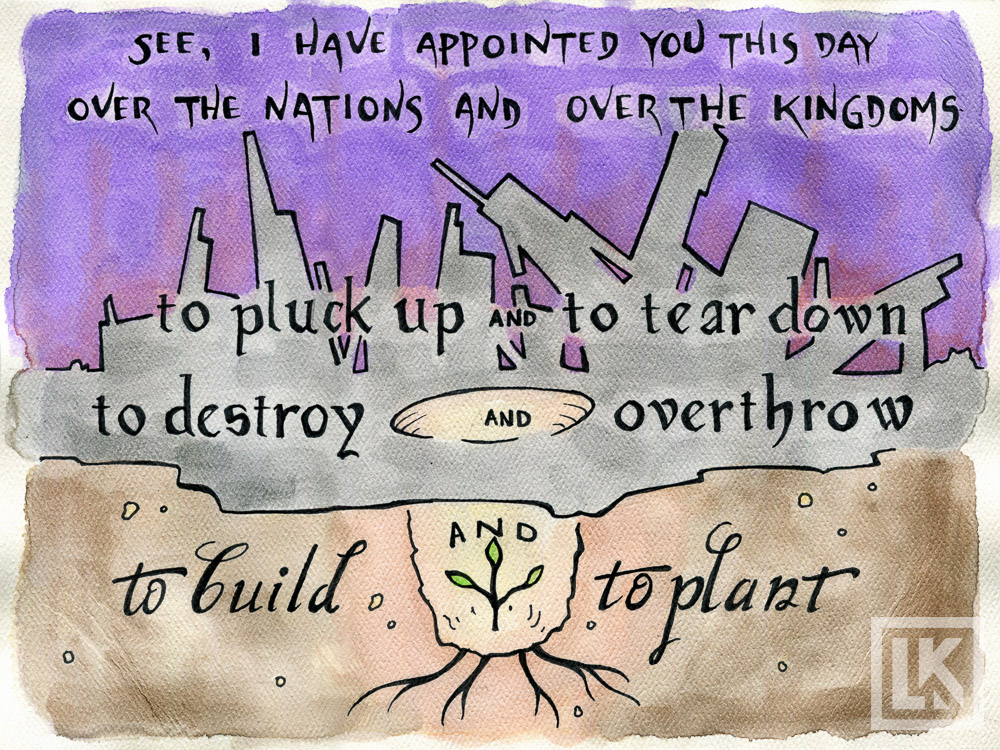“Tone at the top” is what I think of when I think of Azam Baki, the embattled Chief Commissioner of the Malaysian Anti-Corruption Commission (MACC).
Detection, avoidance and elimination of corrupt practices featured in the last two organizations I worked for in my professional career. Both had Codes of Conduct which laid out what we should watch out for.
We were energized by the idea of creating a corporate climate which would sneeze and expel any dust of wrongdoing. The USA’s Foreign Corrupt Practices Act (FPCA, 1977) ‘motivated’ our Chief Executive Officers (CEO) and boards to create such a climate.
The FCPA basically meant that our CEOs could go to jail if our companies were found to have bribed foreign officials. US bosses knew the FCPA’s purpose was to end corrupt practices they had quietly condoned abroad.
The phrase we heard repeatedly was “tone at the top.” It extended to personal life. If your family and friends can’t trust you, how can your company trust you?
One oft-repeated case taught that a leader who betrays his wife by sleeping with another woman is just as likely to betray his organization – a Boeing CEO who was dismissed because he had an extra marital affair.
Azam has publicly claimed that he allowed his brother to buy stocks in a company using his (Azam’s) name. The Securities Commission has confirmed that purchasing stocks in the name of another infringes the law. It is, as a Chief Police Officer said of another case, “straightforward.”
What is equally straightforward is that MACC’s senior leadership received a letter about Azam from Professor Edmund Terence Gomez, one of twelve members of the Consultation and Corruption Prevention Panel.
Professor Gomez called for an investigation into revelations about Azam and Abu Kassim, a former MACC Chief Commissioner, in two articles by investigative journalist Lalitha Kunaratnam and later raised in Parliament.
The revelations were about possible conflicts of interest involving Azam’s brothers and Abu’s son. Lalitha’s article was based on research she conducted to check allegations made in a blog called “Edisi Siasat.”
Professor Gomez resigned in protest after the MACC failed to respond to his letter and call. He then went public with his reason for resignation.
This is my summary of the issue:
Governors of our nation’s anti-corruption institution refused to take seriously a major matter raised by one of its own panel members. Worse, its Chair tried to brush it under the carpet.
An online petition was launched to call for a probe of the MACC chief’s business ties. Sadly, after a week, it has got less than 15,000 signatures.
The failure to get public support through petition signatures is perhaps due to people’s exhaustion over petitions – there are just too many.
I can’t help feeling that the failure of the petition is due to tone at the top, generally. What is the tone at the top in your organization? Has this matter been discussed in chatrooms or wherever and whenever people gather in your organization? If it hasn’t, something’s wrong.
People are now joking that MACC stands for “Mana Ada [Where got] Corruption Charge?” But this is no laughing matter. If controls against corruption are mocked or are ineffective, we and our neighbours will slide into poverty of body and spirit. This is a time for lamentation and cries for justice.
A full investigation of Azam is necessary. A full investigation of MACC governors who should have investigated, but didn’t, is necessary.
Who has access to the MACC records which are protected by the Official Secrets Act, but are the only way to verify various claims made by both Azam and the chairman of the MACC advisory board? (I do not have the space to go into the claims here, other than to say they seem fabricated.)
Professor Paul Stevens, who teaches Theology at Regent College, once wrote:
A man in a museum looking at the colossal skeleton of a dinosaur that once triumphantly roamed the earth turned to the woman beside him and asked, “What happened? Why did they die out? She said, “The climate changed.”
Tone at the top is about climate. The climate has to change from exploiting, accepting, and mocking. It has to change to righteous anger and expectations that conversations will include reports of actions to catalyse change.
Malaysia is at a crossroads. We have to set the tone. It’s not just about personally avoiding bad actions. It’s much more. This is what God commissioned Jeremiah (1:10) to do:
See, I have set you this day over nations and over kingdoms, to pluck up and to break down, to destroy and to overthrow, to build and to plant.
Surely the words apply to us today. How can we set the tone at the top?
To learn more about Rama, click here.


